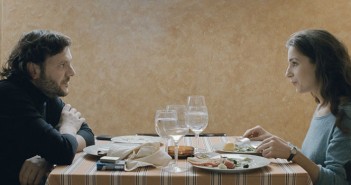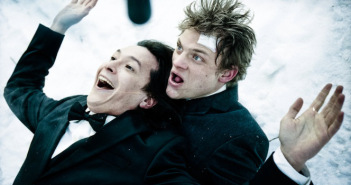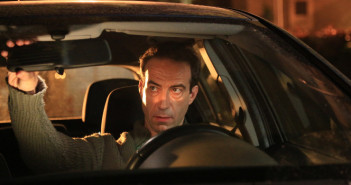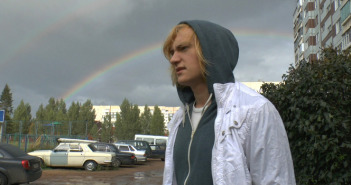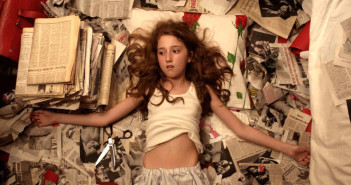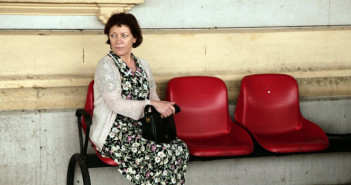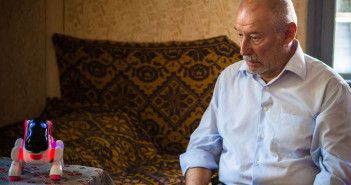The inimitable Luminita Gheorghiu (The Death of Mr. Lazarescu) is undeniably illuminating in Child’s Pose (2013), an emotionally entrenching effort of Romanian social realism. When her son is involved in an incident which leaves a child dead, Cornelia does whatever it takes to personally intervene and control the consequences of the dire circumstance. Willing to lie, bribe, and threaten those able to help her son’s situation, this bourgeoisie mother with a serious God-complex endeavors to appease her foreseen enemies—the cops, the witness, the family—in order to maintain the dysfunctional relationship she carries on with her son. Her son, recognizing her hypocrisy and efforts to control him his whole life, rejects her phony affection, seeing that it is herself that she wishes to serve, not her son, nor anyone else.
